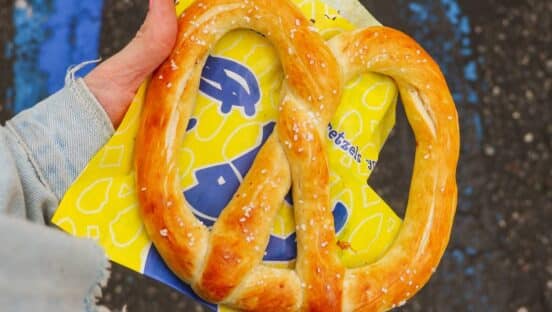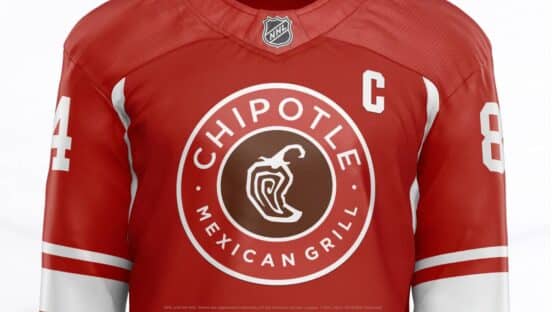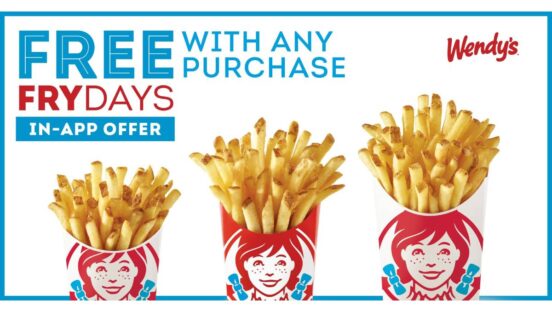Panera Bread’s “Live Consciously, Eat Deliciously” platform, which launched in late February after nearly a year of testing and research, is a first for the brand. Rather than touting Panera’s products, it focuses on the concept’s philosophy.
“We really wanted to talk more about why we exist as a company, rather than simply talk about what we do, which is make good soup, salads, and sandwiches,” says Michael Simon, senior vice president and chief marketing officer at Panera Bread.
The St. Louis–based eatery sponsors five Panera Cares cafés, which charge customers based on what they can afford to pay, and recently formed a partnership with Feeding America to support the nonprofit’s food banks.
The “Live Consciously, Eat Deliciously” campaign will promote these and other programs in Web, TV, and print advertising.
“These things were conscious choices that we made, putting more good into something and believing that it delivers a better outcome—an elevated experience—both for the customers, as well as the communities we serve,” Simon says.
Aaron Allen, CEO of global restaurant consulting firm Aaron Allen & Associates, says a philosophy- or values-driven campaign can nurture customer loyalty.
“People buy brands that reflect how they see themselves,” Allen says. “By having a clearly defined purpose, you will attract not only like-minded consumers, but also a like-minded workforce, investors, partners, franchisees, and a whole host of others who share in what you believe.”
Panera’s focus on values already seems to be paying off: Panera Cares cafés have generated more than 2 billion media impressions in less than three years.
Unfortunately, philosophy-driven branding can also be dangerous, Allen says, particularly if a concept takes a divisive position that alienates a core audience.
“It can also backfire when it is born out of the wrong motivations, and a skeptical public senses it’s being manipulated or the company is being inauthentic,” he says.












